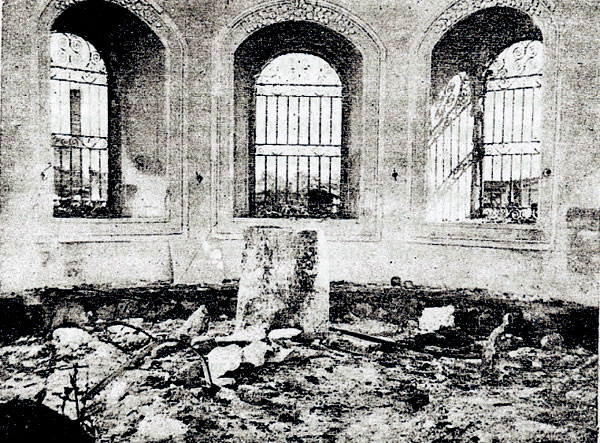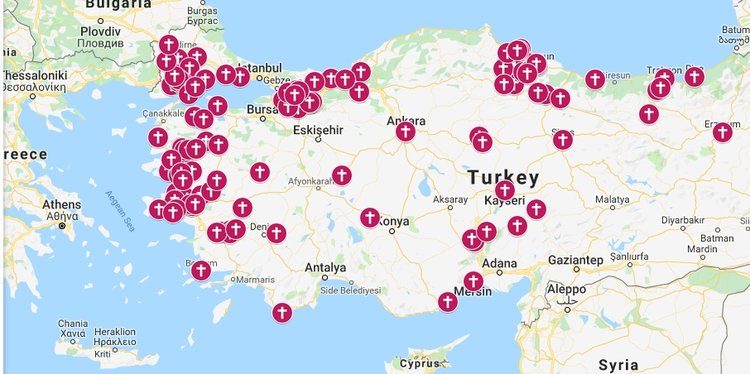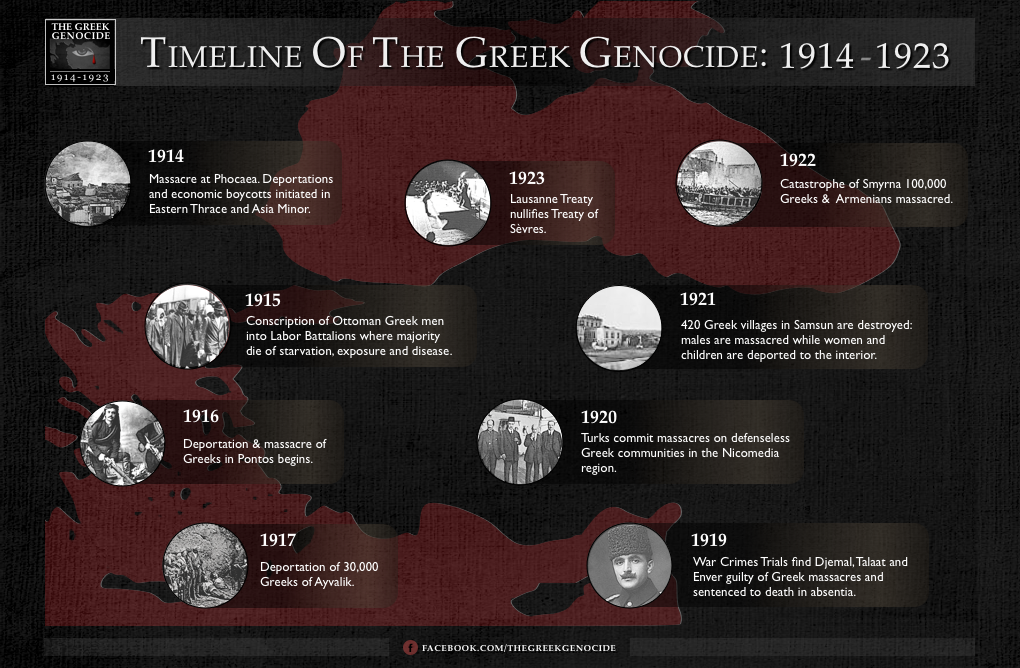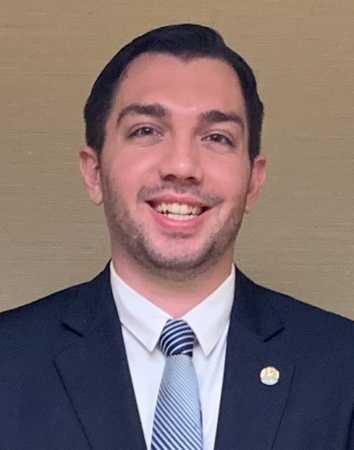The Greek Genocide of 1914-1923
By Paul Pavlakos, Supreme President of the Sons of Pericles
https://hellenicnews.com
November 6, 2019

With Oxi Day recently passed and with Turkey’s continued aggressions in the Eastern Mediterranean and the Middle East, it’s as important a time as any for us as a community to reflect on a significant part of our history: the Greek Genocide of 1914-1923. For two years, the Sons of Pericles have undertaken the initiative of spreading awareness, education, and formal recognition of the genocide. Starting in the State of Florida in 2017, recognition efforts have since grown to become national and international, as the Sons of Pericles Supreme Lodge has formed an advocate for formal recognition by government officials at all levels. With such efforts come several questions
? Why should we care to learn about the Genocide
? What information should we commit to memory
? How can we as a community increase recognition and awareness

Map depicting locations of massacres; credit to Greek Genocide Resource Center
It’s a reasonable question to ask, especially as a young Hellene or Philhellene, whether an event occurring in the early 20th century still maintains modern significance. And, of course, it does. First and foremost, knowledge of our history prevents repetition in the future. In a time where our Hellenic values that have shaped the west for millennia are under attack, where innocent lives are lost at the hands of authoritarian leaders to the East, we, the Hellenic people, are best equipped to prevent harm to others if we remember the harm inflicted on ourselves. Additionally, while the Genocide occurred one hundred years ago, it sent waves rippling through history. The same anti-Hellenic and anti-Christian sentiment displayed by the CUP Pashas and Ataturk was displayed in the 1950s during the Istanbul Pogrom, the 1970s during the Invasion of Cyprus, and in modern-day with President Erdogan’s rhetoric and action in the region. The impacts of the Greek Genocide have even been felt in the legal and human rights fields, with Raphael Lemkin referencing the killing of Greek, Armenian, and Assyrian Christians when coining the term “genocide” and influencing its adoption by the United Nations as a legal term. Finally, and maybe most importantly, understanding our past provides us with a context of our connection to each other. Despite our differences in age, gender, ideologies, and interests, the entire Hellenic community is united by a common attempt to eradicate our culture, our religion, and our people from this Earth. And, in that unity, we can accomplish great things
Once the significance of these events is understood, it then becomes necessary to decide which information we should learn. It is clear that not all of us will be experts on the subject nor do we need to be to have an impact. It can actually be argued that, when it comes to educating the general public, specifically the younger generation, less is more. The key to successful education is concise and consistent information. We should know that 1.2 million men, women, and children were slaughtered or deported and displaced from their homes. We should know that the Genocide affected multiple regions, including Pontos, the rest of Asia Minor, and Eastern Thrace. We should know that these massacres were not isolated events, but part of a systematic plan by the Ottoman Empire to eliminate Greeks and all other Christians from the region. These highlights can serve as memorable talking points and will be absorbed faster than attempted memorization of every detail

Timeline depicting major events between 1914-1923; credit to Greek Genocide Resource Center
Armed with this concise and consistent information, we can take action to make sure that all Hellenes and Philhellenes are aware of this terrible moment in history. We encourage all members of the community to hold educational presentations and lectures on the Genocide and to gear presentations towards a younger audience. We can also be active through media and social media, sharing information about the Genocide and recognition efforts. Finally, each of us can advocate for formal government recognition on the local, state, and federal levels. We should take it upon ourselves to ask our state legislatures to sponsor a resolution of recognition, our state executives to issue proclamations, and our United States Senators and Representatives to do the same. Last month alone provided unprecedented successes in Genocide Recognition. During the AHEPA Oxi Day Celebration in Jersey City, NJ, Governor Murphy issued a proclamation remembering the Greek Genocide. Just days later, the United States House passed a resolution recognizing the Armenian Genocide for the first time on a federal level
So, as we reflect on the meaning of the Genocide to our community and obtain a high-level understanding of the events, we can capitalize on recent momentum. It is now our responsibility to preserve Hellenic and Western values. It is our duty to motivate and mobilize, to achieve a larger sense of awareness, to educate the general public, and to achieve formal recognition of the Greek Genocide of 1914-1923 on all levels of government. And together, united in one effort, we can strive to ensure that we never forget the attempted massacre of our people and that we never again allow such an atrocity to occur

Paul Pavlakos is the current Supreme President of the Sons of Pericles. In his professional life, Paul is a Tax Associate for International Tax at KPMG in Manhattan, New York. He obtained an LLM in Taxation from New York University and a Juris Doctor and Bachelor’s in International Affairs from Florida State University. Additionally, he has been active in Greek Genocide awareness and recognition efforts since 2017 by writing articles, presenting lectures, and working to draft resolutions in U.S. Congress and several state Senates relating to Greek Genocide issues



